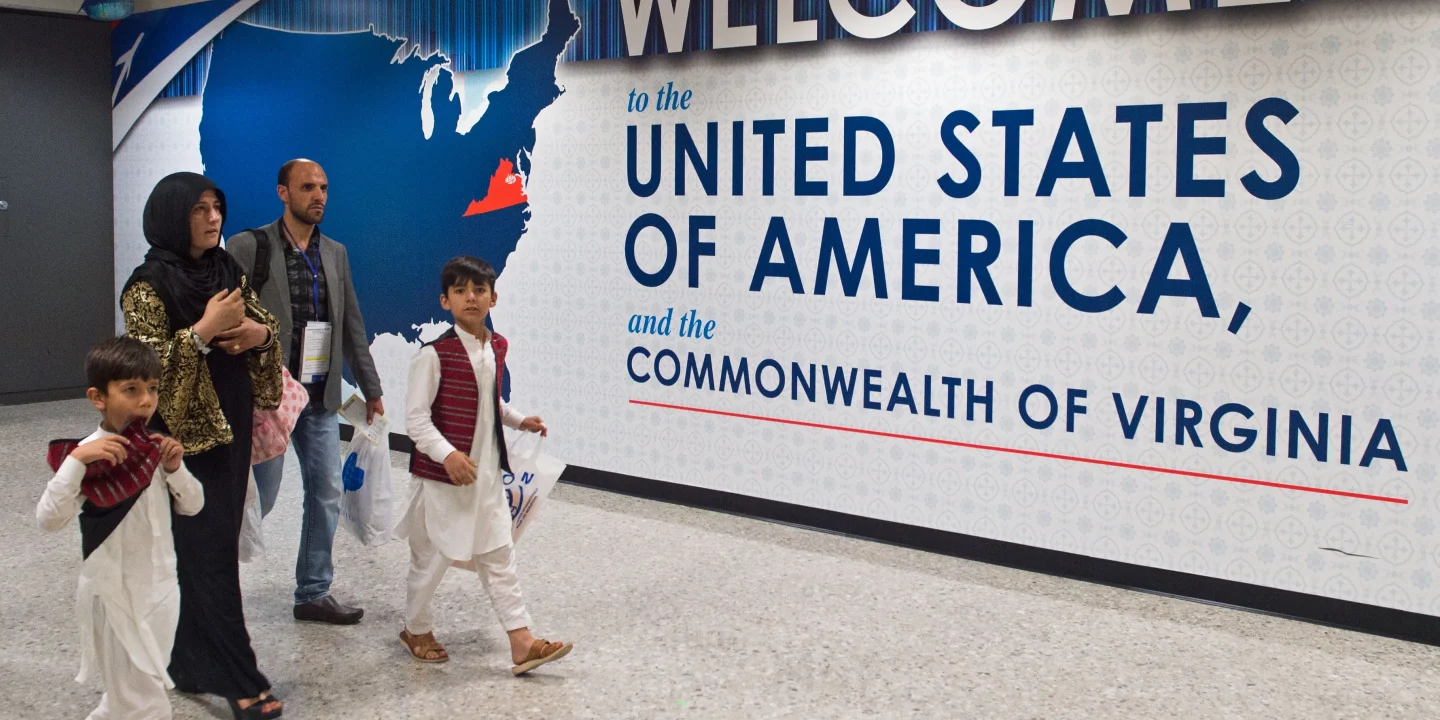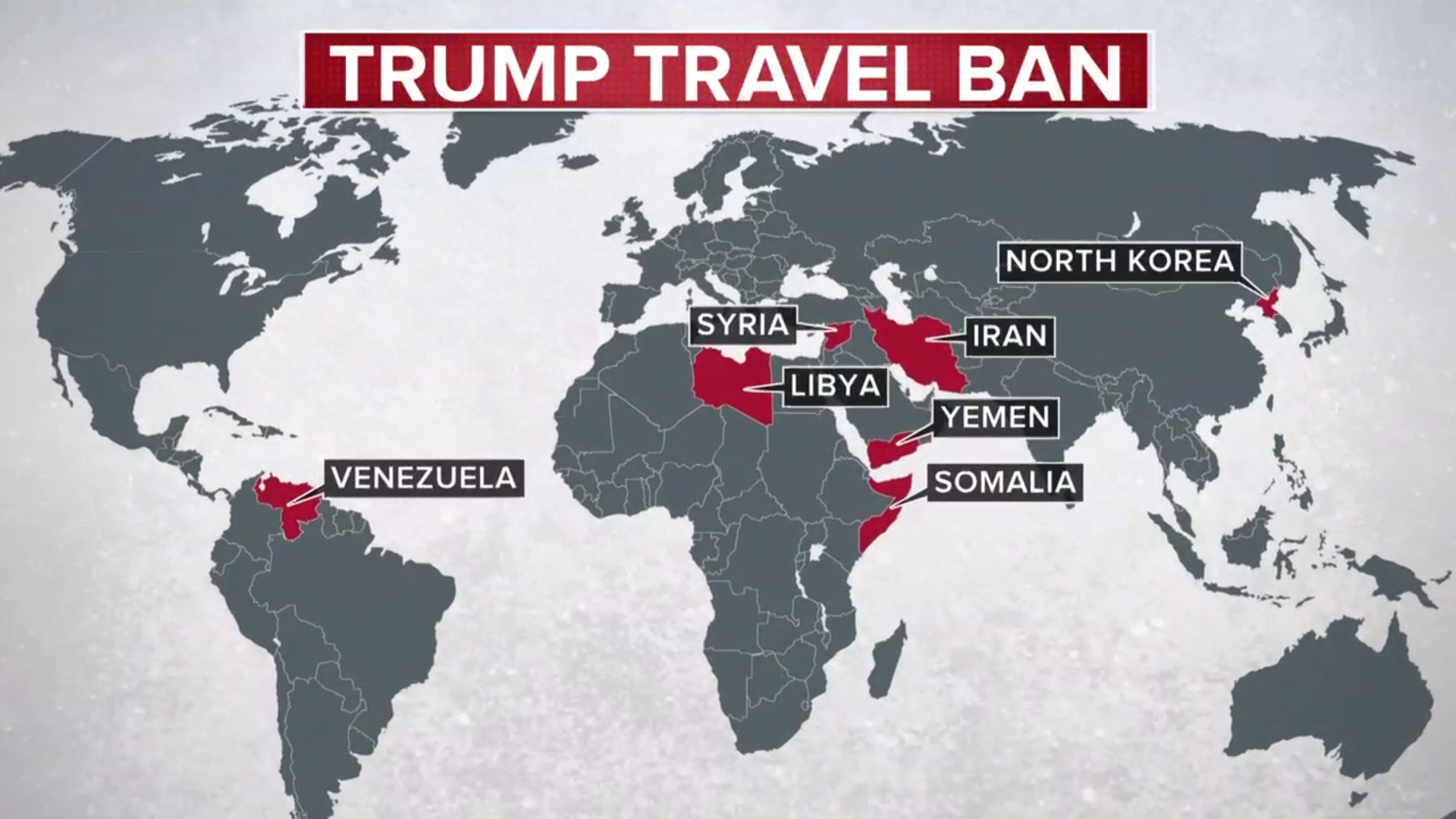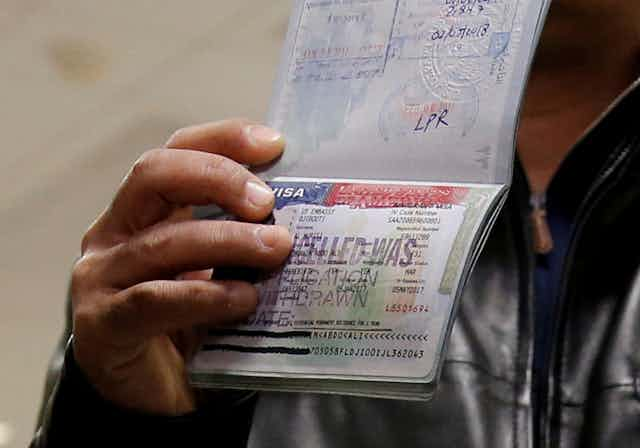
International students in the United States have been impacted by the political climate, particularly during and after Donald Trump’s presidency. With stricter immigration policies and travel bans, they must be aware of these changes in their education and future. Here’s what they need to know.
The Travel Ban
Historical Context
Trump’s administration offered a travel ban that affected individuals from predominantly Muslim countries. This included nations like Iran, Libya, Syria, and Yemen. This ban created significant uncertainty for international students, especially those from these regions, as it restricted their ability to enter the U.S. and continue their studies.

Potential for New Bans
As Trump has returned to the political forefront, there are concerns about the reinstatement or expansion of travel bans. Universities are advising students to be cautious about travel plans, particularly around significant political events, such as presidential inaugurations, when new policies may be enacted.
Key Considerations for International Students
Travel Plans
Students must avoid international travel close to political events or announcements that could lead to new restrictions. Many universities have advised students to return to the U.S. early from breaks to avoid potential complications with re-entry.
Visa Status
International students should stay informed about their visa status and any changes in immigration policies that could affect their ability to study in the U.S. Maintaining communication with university international offices is crucial for understanding any new regulations or requirements.

Health and Safety
The political climate can create an atmosphere of fear and uncertainty. Students should prioritize their mental health and seek support from campus resources, including counselling services and international student offices, which can provide guidance and reassurance.
Legal Resources
International students should familiarize themselves with legal resources available on campus. Many universities have partnerships with immigration attorneys who can provide assistance and advice regarding visa issues and potential legal challenges stemming from travel bans.
What Universities Are Saying
Many universities, including New York University (NYU) and the University of Southern California (USC), have taken steps to communicate directly with international students about the risks associated with travel during politically sensitive times. They emphasize the importance of returning to the U.S. early from breaks to avoid complications with re-entry due to potential travel bans.

Institutions are enhancing their support services for international students. This includes providing workshops and resources to help students navigate the complexities of immigration policies. Universities are committed to ensuring that international students have access to the information and assistance they need to maintain their academic progress.

Universities are also encouraging students to familiarize themselves with legal resources available on campus. Many institutions have partnerships with immigration attorneys who can offer guidance on visa issues and potential legal challenges arising from travel restrictions.
Higher education institutions are advocating for policies that protect the rights of international students. They aim to create a welcoming environment and ensure that students feel safe and supported, regardless of their nationality or immigration status. This advocacy is crucial in light of the potential for increased scrutiny and restrictions on international students.

Universities are closely monitoring any immigration-related proposals and actions that could impact their communities. They are committed to keeping students informed about changes that may affect their status and educational opportunities.
Conclusion
The effects of Trump’s travel ban and the ongoing political climate present unique challenges for international students in the U.S. By staying informed, planning carefully, and utilizing university resources, students can navigate these challenges more effectively. As the situation evolves, international students need to remain vigilant and proactive in safeguarding their educational journeys.
Read more on Lifetips.blog














